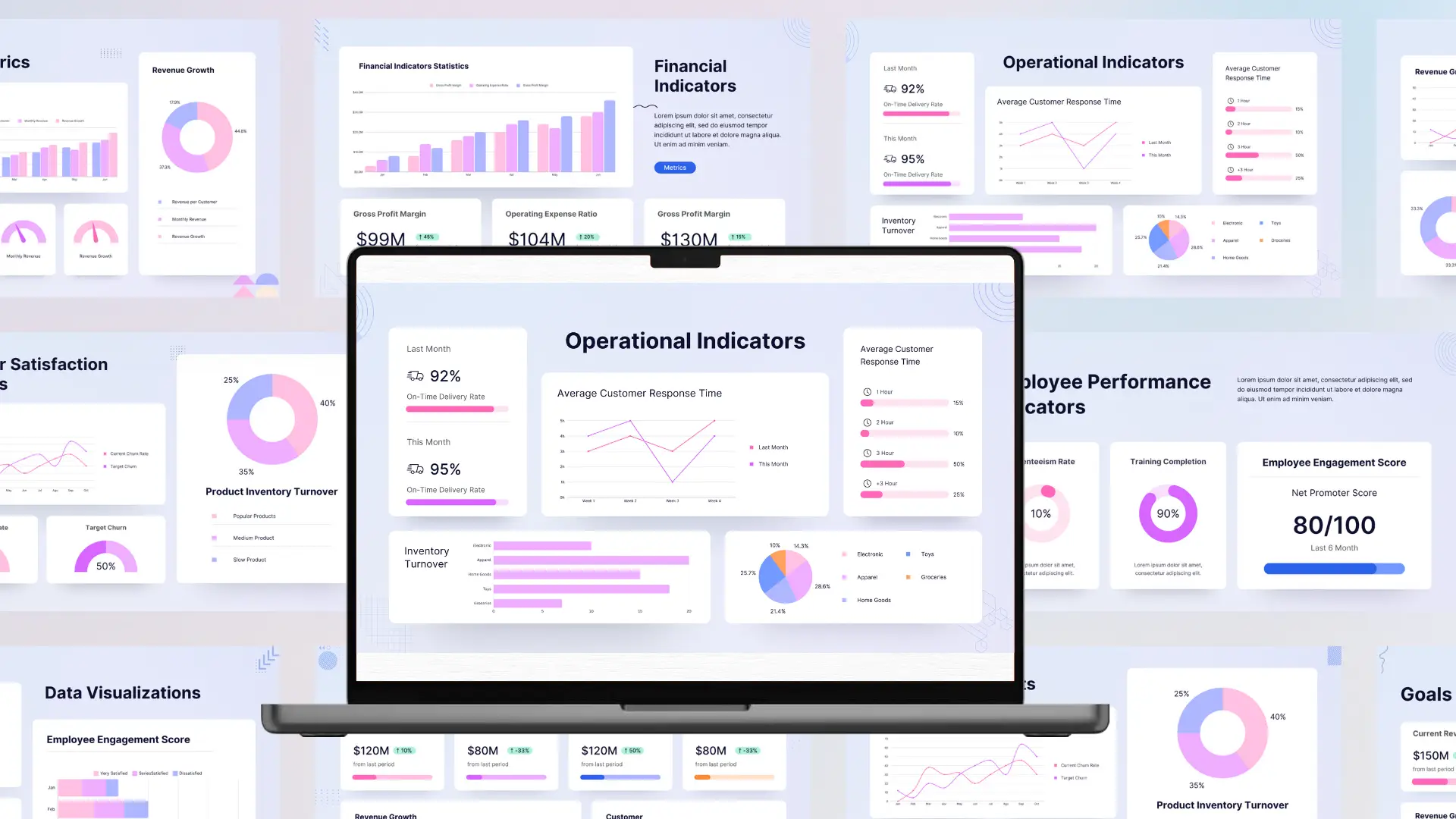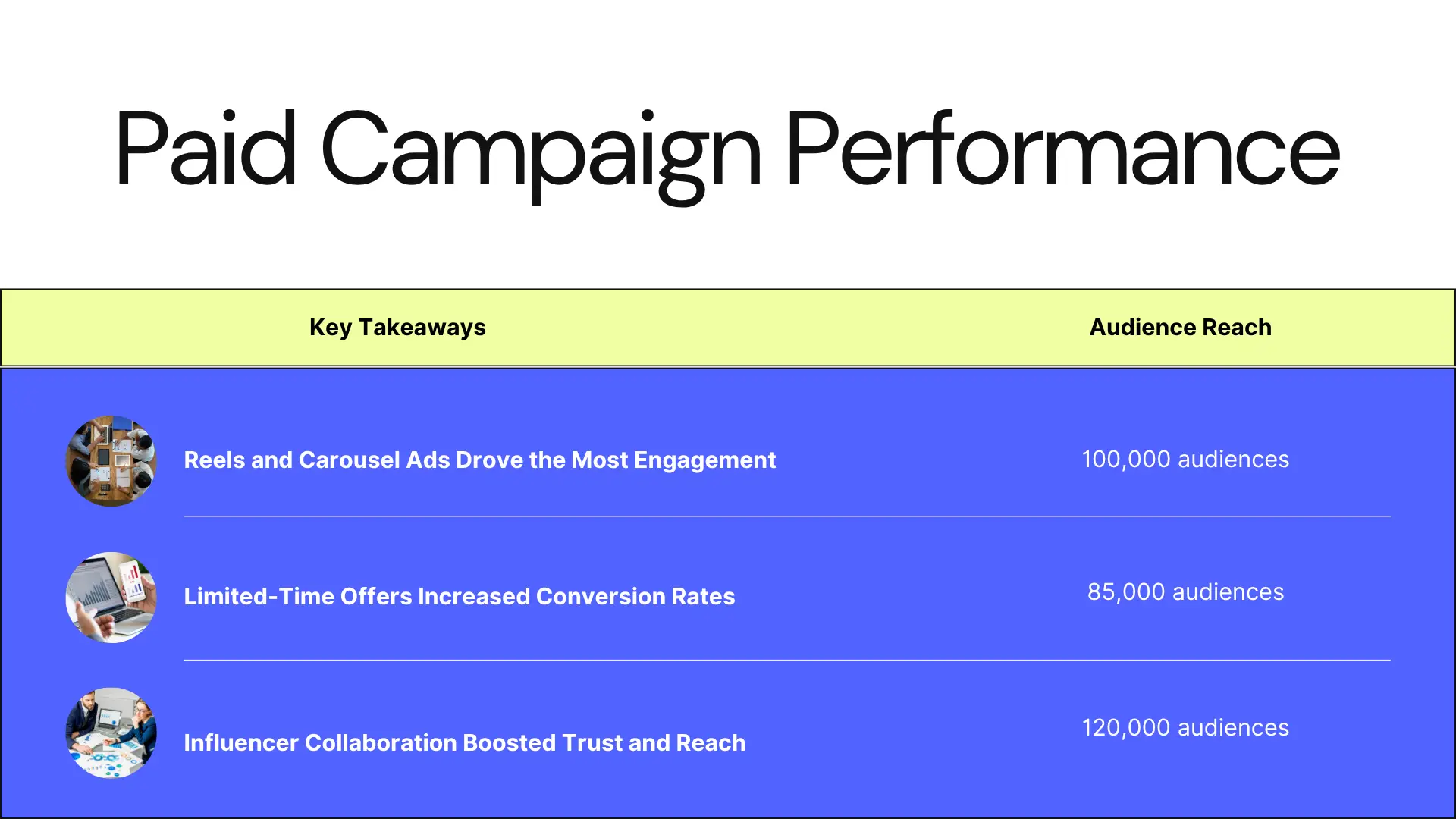- Introduction: Digital Transformation in Real Estate
- Why 2025 Is a Pivotal Year for Real Estate Leadership
- ROI Analysis: Metrics, Outcomes & Real Growth Case Studies
- Strategic Decision Trends: Technology, Market Entry & Competitive Advantages
- Founder Success Stories of Digital Transformation in Real Estate
- Conversion-Driving Tips: Using Industry Data & Problem-Solution Storytelling
- About Nitin Bajaj & AI Digital Service: Creative Digital Marketing Agency
- Practical Steps to Maximize ROI Through Digital Transformation
- Future Trends in Real Estate Digital Leadership
- Challenges and Solutions: Real Estate Digital Transformation
- Measuring Success: KPIs and Continuous Improvement
- Conclusion: The Future of Real Estate Leadership Is Digital
- FAQ’s

In the dynamic landscape of 2025, real estate leadership is being radically reshaped by digital transformation. The convergence of AI, automation, cloud platforms, and analytics is revolutionizing how properties are marketed, managed, and sold. Traditional real estate firms face mounting pressure to innovate or risk losing ground to tech-savvy disruptors.
AI Digital Service, under the guidance of Nitin Bajaj an accomplished full stack developer, SEO expert, and digital marketing specialist we empower real estate leaders with AI-powered marketing that converts. As a leading creative digital marketing agency, we help the industry embrace new technologies to gain measurable business outcomes.
This comprehensive blog post explores pivotal ROI metrics, strategic technology decisions, compelling founder success stories, and conversion-driving tips to guide real estate leaders into digital success.
The real estate market in 2025 is characterized by accelerating digital adoption driven by changing buyer behavior, technological advancements, and heightened competition.
Today’s property buyers demand more than just a physical visit:
- Virtual and Augmented Reality Tours allow clients to explore properties remotely, saving time and increasing engagement.
- Instant Information Access through digital platforms enables buyers to research neighborhoods, pricing, and amenities anytime.
- Personalized Digital Experiences powered by AI enable customized property recommendations and interaction.
Firms that adopt AI, cloud computing, and automation achieve:
- Enhanced customer engagement and loyalty
- Streamlined transaction processes
- Scalable marketing through data-driven campaigns
- Reduced operational costs and errors
A forward thinking agency such as AI Digital Service offers creative digital marketing strategies tailored to real estate firms’ needs. By deploying AI-powered marketing that converts, these agencies enable firms to outperform competitors and scale sustainably.
Learn more about how AI Digital Service supports real estate marketing at
https://nitinbajaj.aidigitalservice.in
.
Measuring ROI remains the cornerstone of any successful digital transformation initiative. It helps leaders justify investments and refine strategies.
- Operational Cost Savings: Automating routine processes like listing updates, CRM follow-ups, and paperwork reduces staffing costs and human error by up to 40%.
- Revenue Growth: AI-powered targeting and personalized campaigns increase qualified leads and conversion rates by 25%-60%.
- Customer Satisfaction & Retention: Enhanced digital experiences, 24/7 chatbots, and virtual tour options bolster retention and referral rates.
- Speed to Close Deals: Digitized contracts and document management reduce closing times by 35%-50%.

---
Zillow’s platform harnesses machine learning to personalize property suggestions, evaluating user browsing habits and local market data to improve relevance.
- Outcome: 30% boost in user engagements, 20% increase in transactions.
- Lesson: Personalized AI approaches enhance customer satisfaction and sales results.
By integrating cloud computing and AI-driven CRM, Keller Williams increased agent productivity and streamlined follow-up processes.
- Outcome: 35% growth in productivity, 15% cost savings.
- Lesson: Mobile-first AI tools empower sales teams to close deals faster.
A mid-sized firm partnered with AI Digital Service to launch AI-optimized marketing campaigns focused on retargeting and predictive segmentation.
- Outcome: 200% ROI over two years, 60% new business attributed to digital campaigns.
- Lesson: AI-powered marketing strategies drive revenue and lead quality improvements.
| Metric |
Industry Average |
Digital Leaders |
Comments |
| Operational Cost Reduction |
15–20% |
35–40% |
Automation, AI workflow optimization |
| Lead Conversion Rate Increase |
10–15% |
45–60% |
AI targeting, personalized offers |
| Customer Retention Improvement |
5–10% |
20–25% |
Enhanced digital experience, chatbots |
| Deal Closing Time Reduction (Days) |
60–75 |
30–40 |
Digital contracts, process automation |
These benchmarks showcase why embracing digital transformation and AI-powered marketing strategies is essential for real estate leadership today.

Real estate leaders in 2025 must make strategic decisions informed by technology and market dynamics to stay ahead.
- Big Data & Predictive Analytics: By analyzing vast datasets, leaders forecast market fluctuations, optimize pricing, and identify prime investment opportunities. Predictive tools also help allocate marketing budgets effectively by targeting high-intent buyers.
- Blockchain Technology: Blockchain-backed smart contracts bring transparency to property transactions, reduce fraud risks, and accelerate deal closures. Leaders embracing blockchain achieve greater trustworthiness and operational efficiency.
- Virtual & Augmented Reality (VR/AR): Technology enables immersive remote property tours and virtual staging, a game changer for reaching distant buyers and investors and shortening sales cycles.
- Internet of Things (IoT) & Smart Buildings: IoT sensors allow real-time monitoring of property conditions, energy use, and predictive maintenance, enhancing asset value and tenant satisfaction.
Digital transformation lowers traditional barriers:
- Cloud Infrastructure: Enables new entrants and startups to enter markets without heavy upfront IT costs.
- AI-Powered Marketing: Precise audience targeting and personalization allow firms to scale faster and capture niche markets.
- Data-Driven Expansion: Leaders use detailed demographic and behavioral data to select promising new geographical markets and segments.
As a full stack developer and digital marketing specialist, Nitin Bajaj created AI Digital Service to help real estate businesses harness AI-powered marketing that converts. Through data-driven campaigns, SEO strategy, and automation, multiple clients have achieved:
- 50%-70% increase in qualified leads
- Faster property sales cycles with automation of follow-ups and virtual tours
- Improved client satisfaction through personalized digital experiences
Explore Nitin Bajaj’s expert solutions at
AI Digital Service
.
A regional commercial real estate firm struggled with outdated sales approaches and low lead conversion. Partnering with a creative digital marketing agency, they adopted AI-driven retargeting and CRM automation:
- Digital transformation resulted in a 150% increase in sales over 18 months
- Operational costs were cut by 30%
- Real-time dashboards allowed leadership to optimize campaigns weekly
A startup focused on urban residential properties leveraged VR tours and AI chatbot lead qualification. Their approach combined immersive user experiences with rapid response to inquiries.
- Result: 40% reduction in sales cycle time
- Achieved 80% lead-to-client conversion rate in their first year
- Built national awareness through social media and targeted SEO campaigns
Decision-makers value content backed by real metrics:
- Demonstrate ROI improvements with statistics on cost savings, increased conversions, and faster sales.
- Use segmented data showing results by property type or demographic to appeal to specialized buyer personas.
- Present benchmarks that highlight how AI-powered marketing and digital transformation compare against traditional methods.
Problem-solution storytelling builds trust and motivates action:
- Identify common pain points like slow manual workflows, fragmented marketing channels, or limited digital presence.
- Show how technological solutions from AI Digital Service or partner tools solve these problems.
- Highlight measurable business outcomes as proof points (e.g., percentage lead increase, speed improvements).
- Include client testimonials and founder insights where possible to personalize the narrative.

Nitin Bajaj combines expertise in full stack development, SEO, and digital marketing—making him uniquely equipped to blend technology and creative strategy. As Director of AI Digital Service, he leads an agency specializing in:
- AI-powered marketing that converts leads into loyal customers
- Creative digital marketing targeting the real estate sector
- Comprehensive SEO strategies and performance optimizations
- Custom web development and powerful analytics dashboards
Our proven approach helps real estate firms outperform competitors, enhance engagement, and achieve measurable ROI.
Learn how AI Digital Service tailors solutions at
https://nitinbajaj.aidigitalservice.in
.
.
Conduct an audit of existing digital tools, workflows, and marketing efforts to identify gaps and opportunities.
Define specific objectives related to revenue growth, operational cost savings, customer satisfaction, and deal velocity.
Leverage AI chatbots, predictive analytics, and workflow automation to maximize efficiency and engagement.
Collaborate with agencies offering AI-powered marketing strategies tailored for real estate, like AI Digital Service.AI Digital Service
Use analytics dashboards to track KPIs, evaluate campaign performance, and fine-tune strategies based on real-time data.
The pace of innovation in real estate is accelerating into 2025 and beyond, transforming leadership roles at every stage:
- Tech-Savvy Leadership: C-suite executives prioritize continual learning, building digital literacy and understanding AI, big data, and automation to make smarter decisions. The ability to interpret analytics and deploy new solutions quickly is now a core trait of industry leaders.
- Proactive Adoption of Emerging Solutions: Leaders monitor new platforms and technologies—from blockchain-enabled property transfers to AI-powered smart buildings—and pilot these innovations, positioning their teams for first-mover advantage. Early adoption means faster revenue realization and enhanced brand reputation.
- Collaboration & Culture Shift: Top-performing real estate firms invest in digital culture, breaking down silos and encouraging collaboration across departments. Digital transformation is not simply about tools; it’s about fostering a mindset where every employee is encouraged to innovate and experiment.
- Widespread adoption of intelligent automation in property management and marketing by 2026
- Real-time data analytics becoming the standard for leadership decisions, replacing gut instinct
- Mobile-first experiences dominate buyer and renter interactions with agencies and developers
Despite the opportunities, real estate leaders face unique challenges in their digital journey:
- Legacy System Resistance: Many established firms rely on outdated CRMs and manual workflows that slow down adoption.
- Data Security and Compliance: Protecting sensitive property, client, and transaction data is critical as platforms move to cloud and blockchain.
- Talent Shortage: Successful transformation requires skilled teams capable of running AI-driven campaigns, analyzing data, and maintaining digital infrastructures.
- Change Management: Some staff resist new tools and processes, necessitating focused training and change management efforts.
- Phased Implementation: Break down transformation into manageable, prioritized sprints with clear KPIs and quick wins to encourage buy-in.
- Partner with Experts: Engage creative digital marketing agencies and digital consultants with real estate experience to fast-track success.
- Robust Training Programs: Invest in ongoing employee training so teams are equipped to leverage tools and adapt to rapid technological shifts.
- Transparent Communication: Leadership should articulate digital vision, goals, and transparency around ROI, making transformation a shared objective.
- Continuous Feedback: Regular surveys and meetings ensure all teams participate and feedback shapes the transformation roadmap.
Digital transformation in real estate is an ongoing journey, not a static endpoint. Leaders must measure and optimize with data-backed KPIs to sustain competitive advantage:
- Lead Quality & Conversion Rates: Moves beyond volume to focus on qualified digital leads that translate to closed deals.
- Operational Efficiency Metrics: Time saved on manual work, automation adoption, and cost reductions provide clear value signals.
- Customer Satisfaction Scores: Use NPS, online reviews, and survey data post-transaction to gauge improvements due to digital transformation.
- Marketing ROI: Track PPC, SEO, and social campaigns — AI-powered marketing that converts should demonstrate cost-per-lead reductions and higher lifetime customer value.
- Employee Engagement: Monitor training participation and digital tool utilization to ensure teams are actively embracing new processes.
By integrating KPIs tracking from day one, Nitin Bajaj and AI Digital Service ensure all digital marketing and automation strategies are measurable, repeatable, and scalable. Success is shared with clients in transparent, real-time dashboards, making improvement an embedded part of company culture.
...
Digital transformation is more than a trend in real estate—it’s an enduring competitive necessity for leadership in 2025 and beyond. Visionary leaders championing data-driven strategies, innovative technologies, and AI-powered marketing will shape industry growth, client satisfaction, and future market dynamics.
Firms partnering with creative digital marketing agencies like AI Digital Service — under the expert guidance of Nitin Bajaj — are not only adapting, but thriving. By leveraging automation, predictive analytics, and digital culture, the next generation of real estate leaders will unlock new opportunities for value creation, efficiency, and brand reputation.
The blueprint is clear: Embrace change, measure every result, and invest in the people and platforms that drive innovation. The path to digital leadership is open for those ready to lead the way.
Frequently Asked Questions (FAQ): Digital Transformation & Real Estate Leadership in 2025
Digital transformation in real estate refers to the strategic adoption of modern technologies AI, automation, data analytics, cloud platforms, and smart contracts to revolutionize property management, sales, marketing, operations, and customer engagement. It enables real estate leaders to streamline workflows, improve client experiences, and unlock measurable growth by integrating digital tools at every business stage.
It is critical because customers expect seamless, data-driven, and responsive service. Competitors are leveraging AI-powered marketing, virtual tours, blockchain contracts, and real-time analytics. Leaders ignoring this shift risk falling behind in efficiency, customer satisfaction, and market share.
Examples include:
- Agencies using AI to predict buyer preferences and personalize marketing campaigns.
- Firms delivering remote communication and digital document signing, cutting transaction times by up to 40%.
- Commercial managers deploying IoT and cloud platforms for real-time monitoring and automated property maintenance.
- Startups leveraging virtual reality for remote property tours, reaching international buyers and boosting conversion rates.
AI-powered marketing enables hyper-targeted ad campaigns, predictive lead generation, chatbots for instant response, and dynamic remarketing—all of which result in higher quality leads, increased sales, and improved ROI. Creative digital marketing agencies, like AI Digital Service, specialize in building these campaigns for property businesses.
Common challenges include:
- Resistance to change from teams using legacy systems.
- Data security and compliance risks.
- Skills gaps in running AI-driven campaigns and analytics.
- High upfront investment for technology infrastructure.
- Ensuring staff buy-in and cultural alignment throughout the transition.
Real estate firms can overcome these hurdles by:
- Adopting phased tech implementation and pilot projects to gain early wins.
- Running employee training programs and ongoing digital literacy support.
- Partnering with experienced creative digital marketing agencies.
- Ensuring clear leadership communication about vision, goals, and expected ROI.
- Using structured feedback mechanisms for staff and clients to shape improvements.
Key performance indicators (KPIs) include:
- Lead quality and conversion rates.
- Operational cost savings.
- Customer satisfaction benchmarks (NPS, reviews).
- Marketing ROI (PPC, SEO, social ads).
- Deal closing time and transaction speed.
- Employee engagement with new digital tools.
Creative agencies like
AI Digital Service combine human creativity, technical expertise, and AI-powered marketing to:
- Develop effective content for real estate audiences.
- Build, run, and optimize paid and organic campaigns that convert.
- Provide detailed analytics dashboards for performance tracking.
- Advise on SEO and user experience improvements.
- Guide real estate leaders through complex digital transitions for measurable business results.
Yes. Digital communication, remote tours, AI-enhanced search functionality, personalized offers, and real-time support are now expected norms. Agencies embracing these features gain trust, boost conversions, and attract modern, tech-savvy clients.
Real estate leaders can prepare for ongoing digital change by:
- Investing in continual training and upskilling for leadership and staff.
- Monitoring emerging technologies and industry benchmarks.
- Maintaining an agile mindset—test, learn, optimize.
- Collaborating with digital transformation experts and agencies.
- Keeping clients and teams informed about new features and improvements.